Effective July 1, 2012 Indiana child support law will change. The age of emancipation will be lowered from 21 to 19 years of age. This change has been rumored for couple of years and the General Assembly voted to amend the statutes pertaining to emancipation. While child support will terminate at 19, education support orders for college costs, will continue to be available by petition until the child is 21. The full text of the statutes affected is after the break, below.
It will be interesting to see how college support orders are treated in light of these changes. For instance, if a 19 year-old adult child is living in one parent's home while attending school, in lieu of child support, would a judge be willing to have the other parent contribute to the child's room and board, health care costs, and other educational costs such items as transportation, car insurance, clothing, entertainment and incidental expenses, as part of an educational support order? If so, how is this different than child support?
To discuss these issues further please contact me.
For more regarding child support see other posts here.
SECTION 1. IC 31-14-11-18 IS AMENDED TO READ AS FOLLOWS [EFFECTIVE JULY 1, 2012]: Sec. 18. (a) The duty to support a child under this article (or IC 31-6-6.1 before its repeal), which does not include support for educational needs, ceases when the child becomes twenty-one (21) nineteen (19) years of age unless either of the following conditions occurs:
(1) The child is emancipated before the child becomes twenty-one (21) nineteen (19) years of age. If this occurs, the child support, except for educational needs, terminates at the time of emancipation. However, an order for educational needs may continue in effect until further order of the court.
(2) The child is incapacitated. If this occurs, the child support continues during the incapacity or until further order of the court.
(b) A child who is receiving child support under an order issued before July 1, 2012, may file a petition for educational needs until the child becomes twenty-one (21) years of age.
(c) A child who is receiving child support under an order issued after June 30, 2012, may file a petition for educational needs until the child becomes nineteen (19) years of age.
SOURCE: IC 31-16-6-6; (12)SE0018.1.2. --> SECTION 2. IC 31-16-6-6, AS AMENDED BY P.L.80-2010, SECTION 30, IS AMENDED TO READ AS FOLLOWS [EFFECTIVE JULY 1, 2012]: Sec. 6. (a) The duty to support a child under thischapter, which does not include support for educational needs, ceases when the child becomes twenty-one (21) nineteen (19) years of age unless any of the following conditions occurs:
(1) The child is emancipated before becoming twenty-one (21) nineteen (19) years of age. In this case the child support, except for the educational needs outlined in section 2(a)(1) of this chapter, terminates at the time of emancipation, although an order for educational needs may continue in effect until further order of the court.
(2) The child is incapacitated. In this case the child support continues during the incapacity or until further order of the court.
(3) The child:
(A) is at least eighteen (18) years of age;
(B) has not attended a secondary school or postsecondary educational institution for the prior four (4) months and is not enrolled in a secondary school or postsecondary educational institution; and
(C) is or is capable of supporting himself or herself through employment.
In this case the child support terminates upon the court's finding that the conditions prescribed in this subdivision exist. However, if the court finds that the conditions set forth in clauses (A) through (C) are met but that the child is only partially supporting or is capable of only partially supporting himself or herself, the court may order that support be modified instead of terminated.
(b) For purposes of determining if a child is emancipated under subsection (a)(1), if the court finds that the child:
(1) is on active duty in the United States armed services;
(2) has married; or
(3) is not under the care or control of:
(A) either parent; or
(B) an individual or agency approved by the court;
the court shall find the child emancipated and terminate the child support.
*this bill is up for action by
Governor Daniels on March 19, 2012.
